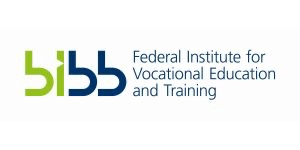In Germany, trainees in the dual system can participate in programmes to acquire additional qualifications. Such qualifications provide competencies that go beyond regular training, and are either conventional or standardized: TVET providers may offer conventional additional qualifications that are not defined in training regulations, or standardized additional qualifications, where trainees receive structured training that is recognized by employers at the national level. These two types of additional qualifications can help learners to, for example, acquire computing certificates or deepen their language skills in courses taken at a vocational school or during a stay abroad. Training companies and vocational schools are the main providers of additional qualifications in the German TVET system, along with chambers of commerce, trade and crafts associations, and industry training centres.
In this context, the Training Centre of the global technology company, ABB, has developed an additional qualification for digital competencies. The initiative started with the identification of transversal skills related to the digitalization of production processes, irrespective of the specific occupation or sector. ABB has clustered these competencies into five groups: (1) learning and working in the digital world (learning with digital media, digital-driven knowledge); (2) management competencies; (3) information and communications technology competencies (hardware, software); (4) handling data (data security, data protection, data analysis, and evaluation); and (5) systems and processes (work processes, added value, cross-company processes/networking).
Read more: Eurofound (2019) Future of manufacturing: Modernisation of dual apprenticeship training at ABB – Germany (Dublin: Eurofound)
The BILT project is implemented by

with support of

and sponsored by

UNESCO-UNEVOC International Centre
for Technical and Vocational Education and Training
UN Campus, Platz der Vereinten Nationen 1
53113 Bonn, Germany
Contact
Data privacy statement | Contacts | © UNESCO-UNEVOC